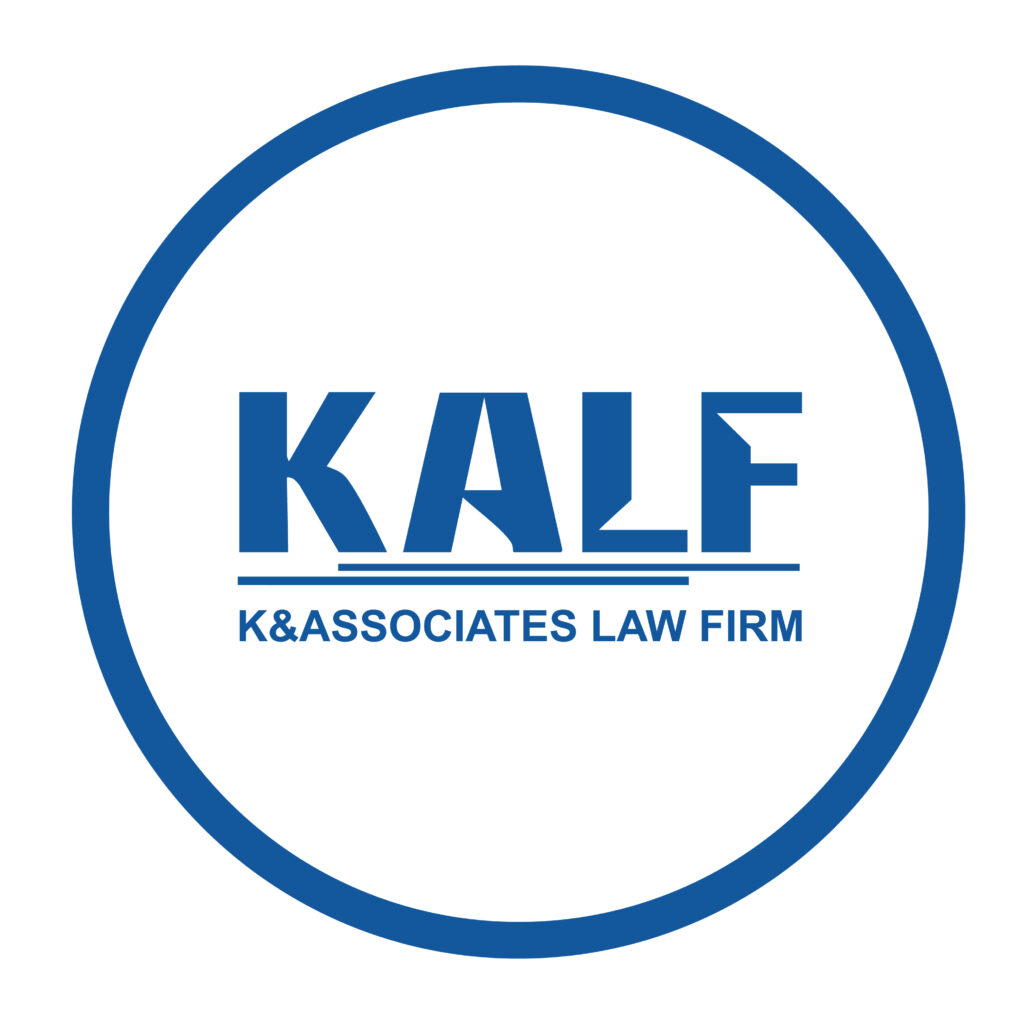Principle 1: The Board of Directors should establish principles and procedures for disclosing information to shareholders and other stakeholders and monitoring the implementation of these principles and procedures.
– The Board of Directors needs to approve the disclosure policy to ensure that all relevant information about the company’s operations is disclosed accurately, promptly and fully in accordance with applicable legal regulations. Disclosures should be made available to all shareholders and other stakeholders simultaneously. In particular, the Company shall adequately, objectively, accurately, and promptly disclose any material facts or events, in particular regarding the purchase or sale of significant assets, which may adversely affect the development ability or interests of shareholders and other related interested parties.
– The Board of Directors must ensure that the company’s disclosure activities comply with the disclosure policy. The company’s disclosure system must ensure that shareholders, investors, and related stakeholders have fair access to information and do not allow the misuse of insider information or insider trading.
– The audit committee should monitor all financial and non-financial statements in accordance with this policy.
– The Board of Directors should adopt a policy requiring all Board members and senior management to disclose/report to the company all transactions of the company’s stock within 3 (three) business days.
– The company needs to have a professional Investor Relations department, responsible for monitoring outbound communications and storing information in accordance with the law.
– The Company is encouraged to disclose details of its compliance with this Code of Corporate Governance in its annual report and on its website.
Principle 2: In order to promote effective and cost-effective access to relevant information, the Board of Directors should ensure easy and non-discriminatory access to published information using diverse communication tools .
– The Board of Directors should ensure that the company’s relevant information is disclosed as soon as possible, and for that reason, the company’s disclosure policy should include an electronic disclosure process.
– The company needs to regularly update the contents of information published on the company website. The Board of Directors of a listed company should ensure that all information provided through the company website is provided in both Vietnamese and English.
– The Company should allow investors and analysts to ask questions regarding the Company’s operations. This can be done through open meetings with investors/analysts, press conferences, investor briefings or in other ways permitted by the Company and ensuring that there is no violation of regulations prohibited by applicable listing laws/ regulations.
Principle 3: The Board of Directors should ensure the disclosure of non-financial information, including environmental and social reports.
– The Board of Directors should ensure that the Company discloses relevant and up-to-date information about its operations and governance structure on its website and in its annual report. At a minimum , the Company needs to publish corporate governance policies and regulations in accordance with this Code.
– The Board of Directors should disclose the extent and roadmap of the Company’s compliance with this Code of Principles in its detailed annual report.
– The Board of Directors should ensure that the company discloses information about its significant environmental and social impact and environmental and social risk management methods . Information must be prepared according to universally accepted standards, such as those issued by the International Integrated Reporting Council, the Global Reporting Initiative or the Sustainability Assurance Standards Council, and independently evaluated.
– The Board should ensure that appropriate governance policies and procedures are established to monitor the quality of environmental and social information . The Board of Directors needs to ensure that information is tied to the strategy, governance, and performance of the company, in order to drive the long-term sustainable success of the company.
Principle 4: The Board of Directors should ensure that the remuneration of members of the Board of Directors and the Board of Directors is publicly available to meet shareholders’ requirements related to remuneration , performance and value creation.
– The Board of Directors should disclose in the company’s annual report the policy and criteria for determining compensation/ remuneration, as well as the name, amount and details of compensation/remuneration of:
- each member of the Board of Directors, members of the Supervisory Board (if any) and the General Director; and
- senior executive personnel (who are not members of the Board of Directors or General Director).
– The Board of Directors is required to disclose in the company’s annual report all forms of compensation/remuneration and other expenses and benefits, paid by the company and its subsidiaries to members of the Board of Directors and senior executive personnel of the company . The Board also released details of the stock payout program to employees.
– The Board of Directors shall disclose the remuneration policy to members of the Board of Directors and this policy shall reflect the duties and responsibilities of each individual, including the types and components of the remuneration received by each member of the Board of Directors. The disclosure of remuneration for each member of the Board of Directors must also include the remuneration that each individual receives for holding the position of a member of the Board of Directors in subsidiaries of the company (if any).
The above is the content of KALF’s advice on public company disclosure activities. All of our above advice opinions are based on applicable legal provisions. If you have any questions or requests about legal issues, please contact us for timely answers.




